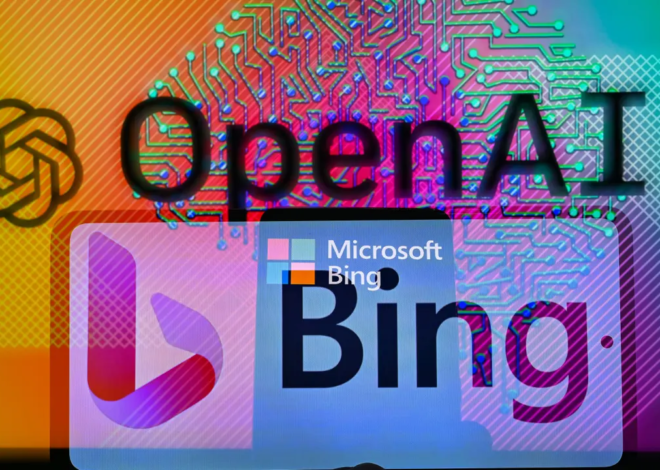
Mark Zuckerberg’s Metaverse Vision Leverages AI, Smart Glasses, and Digital Assistants
Meta, under the leadership of CEO Mark Zuckerberg, is venturing into the world of artificial intelligence (AI), smart glasses, and digital assistants in pursuit of its ambitious metaverse goals. At Meta’s Connect conference for VR developers held at its Menlo Park headquarters in California, Zuckerberg unveiled new AI tools and innovative tech products, including the Quest 3 virtual reality headset and the latest Ray-Ban smart glasses.

One notable AI innovation demonstrated by Zuckerberg is the integration of digital stickers into Facebook’s messaging apps like WhatsApp and Messenger. Users can generate these stickers through written prompts, capitalizing on the popularity of technology similar to ChatGPT. For instance, typing “pizza playing basketball” results in a whimsical digital sticker of a pizza slice dribbling a basketball.
Moreover, Instagram will soon introduce AI-powered editing tools, allowing users to transform their photos based on written prompts. Zuckerberg showcased this by modifying his childhood photos, showcasing different alterations like an ugly sweater and blue hair. This technology is powered by the Emu computer vision model, which can generate images in just five seconds.
Meta’s ChatGPT-like digital assistant, named Meta AI, has the ability to provide sophisticated text-based responses. It can access real-time information from Microsoft’s Bing search engine, enhancing its capabilities to respond to queries.
Meta has also collaborated with celebrities such as Paris Hilton, Mr. Beast, and Kendall Jenner to create digital characters that serve as digital assistants. For instance, users can interact with a digital assistant named Lorena, portrayed by Padma Lakshmi, to seek travel-related tips. In addition, users can engage in a game of Dungeons & Dragons with a narrator, played by rapper Snoop Dog.
While Meta envisions users creating their own digital assistants, this feature will undergo testing with select businesses before a broader release.
These AI-powered digital assistants play a crucial role in Meta’s larger plan to develop the metaverse—a digital universe that’s absorbing billions of dollars in investment. Smart glasses, like Meta’s Ray-Ban smart glasses developed with EssilorLuxottica, are a significant part of this vision. These glasses, priced at $299 and available on October 17, incorporate Meta’s AI software, enabling users to identify landmarks and translate signs while interacting with the metaverse.
Zuckerberg emphasized that AI is now a pivotal component, alongside holograms and displays, in making smart glasses more appealing and accessible. This shift highlights Meta’s commitment to integrating AI into its metaverse strategy, signaling a significant evolution from previous Connect conferences.


